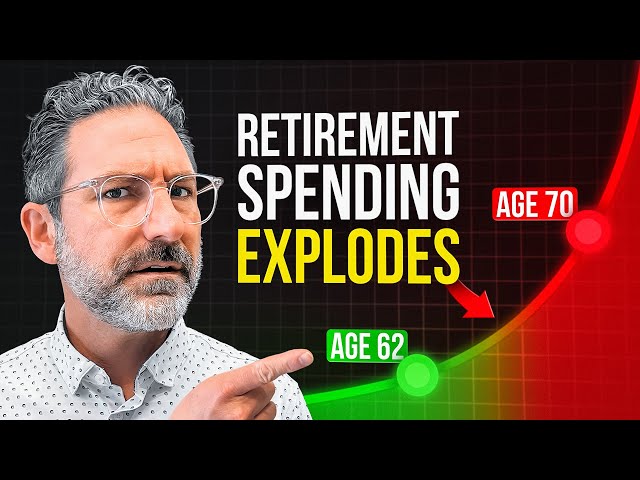Retirement isn’t just a financial decision, but a significant life transition that deserves clarity, intentionality, and a touch of smart timing when possible. For many, the question arises: is there a best time of year to retire?
Perhaps predictably, the answer is that it depends. But yes, the timing can make a difference.
Retirement is a deeply personal milestone. You've spent your entire career working toward this moment, so it's only natural to want everything to align just right. Whether you're aiming to maximize financial benefits or simply leave work on an emotional high note, the month you choose to step away from work can carry significant weight.
To help narrow it down, we’ve gathered ten of the most compelling factors — five financial and five emotional — that might help determine your optimal time of year to retire.
Financially Motivated Factors
1. Pension Start Date
If you're a worker fortunate enough to have a pension, your retirement timing might hinge on when those benefits kick in. Contact your plan administrator to get a benefit summary and understand exactly when your pension eligibility begins.
2. Bonus Timing
Companies often distribute bonuses or profit-sharing payouts on a specific schedule. For example, Southwest Airlines is known for distributing bonuses around February 14. If you're eligible, it might literally pay to stay on until after that check clears.
3. Maximize Paid Time Off
Know when your vacation or PTO renews. Many choose to retire just after a fresh batch of PTO is awarded, cashing out unused days and padding their final paycheck.
4. COBRA Coverage Planning
If you're under 65 and not yet eligible for Medicare, COBRA coverage lasts 18 months post-employment. Retiring with this timeline in mind could bridge the gap more comfortably until Medicare kicks in, or it could buy you time to secure alternative health coverage.
5. Strategic Tax Planning
Retiring in the first half of the year opens the door to strategic tax moves. For instance, retiring in March after earning just a portion of your annual salary may place you in a lower tax bracket that year, allowing for beneficial Roth conversions. Imagine contributing the full $30,000 (if you’re over 50) to your 401(k) and converting some traditional IRA funds to Roth status. Smart moves like these can save thousands in taxes over time.
Emotionally Motivated Reasons
6. Personal Milestones
Maybe you started your career in June 35 years ago, and retiring in June brings your story full circle. Personal milestones provide meaningful closure that numbers alone can’t match.
7. Ignoring the Market Noise
It’s tempting to try and "time" your retirement with the markets, but that's not a sound strategy. A resilient financial plan, like those designed by Brindle & Bay, should weather all market conditions. Don’t let short-term volatility derail a long-term vision.
8. Family Considerations
Whether you're caring for a loved one, waiting for your partner to retire, or just want to align your free time with your grandkids’ summer break, family matters and your retirement timing might reflect that.
9. Work Commitments
Special projects or leadership transitions may delay your departure. Some choose to stay on to train their replacement or finish meaningful initiatives. If work legacy matters to you, let that factor into the decision.
10. Travel Dreams
Ever dreamed of spending a full summer traveling? One recent retiree made sure to leave early enough to enjoy a few months in the Upper Peninsula of Michigan, timing his retirement so he didn’t miss the seasonal sweet spot. Don't underestimate the value of “extra summers.”
The Bigger Picture
At Brindle & Bay, we focus on helping people retire with calmness and clarity. That often includes encouraging clients to zoom out. One practical tool used in this process is a “life in weeks” calendar. This is a visual reminder that life is finite and time is precious. Seeing your life laid out week by week is a sobering yet powerful motivator to make the most of your next chapter.
If retiring just a few months earlier gives you one more summer, one more family trip, or one more morning coffee with no agenda, isn’t that worth considering?
So, When’s Your Time?
There’s no standard equation to determine when you should retire, but it can be a decision you make quite strategically. Financial wins, personal timing, and emotional fulfillment all matter. Think about what’s most important to you and weigh your options carefully.
If you want a partner to help you figure it all out — someone who’s helped many others do the same with success — Brindle & Bay is here.
Just click here to book an exploratory call with our team!







.jpg)




